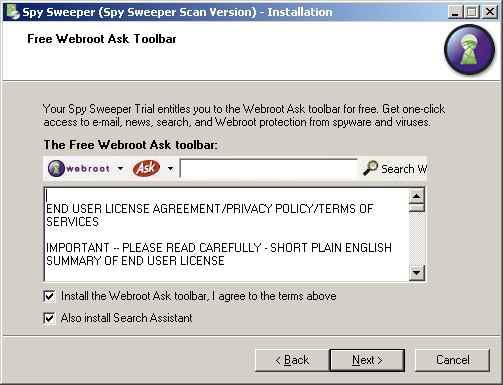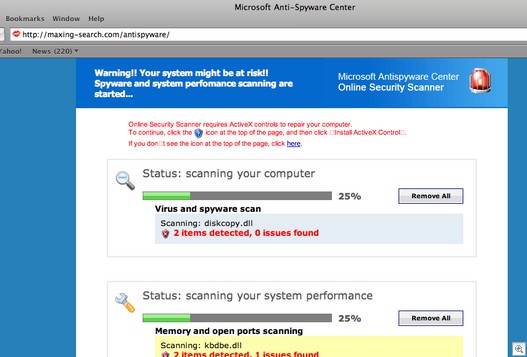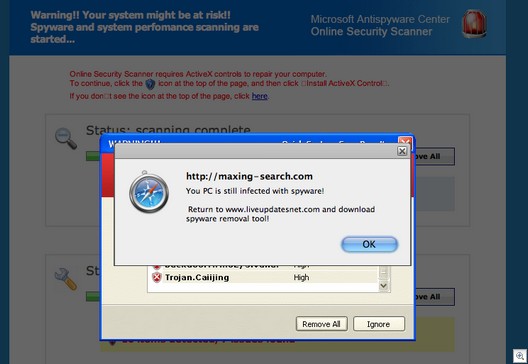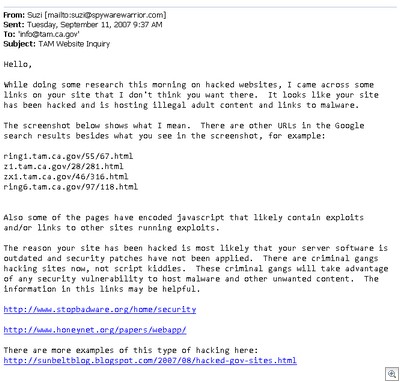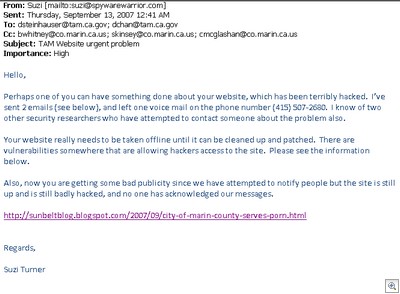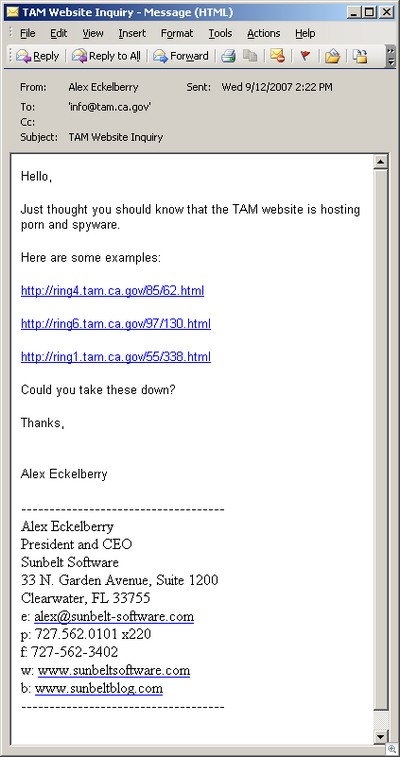
I was rooting for Apple’s iPhone. I even had my kids watch Job’s extraordinary keynote earlier this year.
I was irritated, but somewhat forgiving, of Apple decision only allowing AT&T as a provider. It was arrogant, but it was also typically Apple — and it was worth overlooking in light of such a cool phone. Even the whole price drop fiasco didn’t bother me that much.
And we all know that after a while, a few people figured out a way to unlock the phone so it would actually work on a phone system they actually want to use (Apple’s stock price even went up when the first hack was announced).
Well, Apple didn’t seem to notice the message being loudly telegraphed to it. Because, as we all know, Apple, in an even more astounding and ridiculous act of audacity, then turned hacked phones temporarily into a brick. This was an act so stupid, it boggles the mind.
In my opinion, they should have no future, as a phone provider. Because they refuse to even contemplate how the phone business works. They decided to create their own playbook, and they are now going to get hit in the head with it.
What’s the playbook for phones? You come out with versions that supports both TDMA/CDMA and GSM infrastructures. You partner with a number of phone companies, that blow the phone out for cheap in order to get subscribers. You allow your phone (even tacitly) to become unlocked. And if your phone is hot, you sell millions upon millions of them (the RAZR has sold over 100 million phones — and Apple has bragging rights on a million phones sold?).
Customers are a precious commodity.
Competition is fierce in this business, and one only has to look at the new Tilt, BlackBerry 9000 and LG Voyager to see the handwriting on the wall (heck, what about the low-priced Palm Centro?). Even Zune is starting to go DRM-free now (at least partially), so those slick iPods may be less interesting by the minute.
Apple’s future as a phone provider is bleak.
I’m disgusted by Apple’s jackanape arrogance, and its even more regrettable since they have offerings which I believe are truly valuable and need more adoption. They are doing the same stupid things that nearly killed them as a company back in the late 80s and early 90s with closed systems. As just one example, iTunes is a potential goldmind, and they could focus on getting as many iPhones out there to build a larger market for iTunes (as well as getting other hardware devices to support iTunes), to build content-based recurring revenue streams.
I hope Jobs gets the message: Your customers are everything that ever matters in business.
If you treat your customers like idiots, a terrible thing happens: Nothing.
In other words, you get no customers.
Alex Eckelberry

